 Pope Saint Leo the Great (400-461)
Pope Saint Leo the Great (400-461)
Image: St. Paul Street Evangelization
(CNA) Born in Italy Tuscany into nobility, Pope Leo I was a strong student especially in Scripture and theology according to SQPN together with being an eloquent writer and minister. — Pope from 440 to 461 during the time of the invasion of Attila the Hun (406-453) he was met by Pope Leo I in 452 when approaching Rome and was dissuaded from attacking the city.
Pope Saint Leo I known as “St. Leo the Great, as the nickname soon attributed to him by tradition tradition suggests,” said Pope Benedict XVI in 2008 “he was truly one of the greatest Pontiff’s to have honored the Roman See and made a very important contribution to strengthening its authority and prestige.”
Little is known of Pope Leo I youthful days, he became a Deacon in Rome in approximately 430 during the Pontificate of Celestine I, which during this time, central authority was beginning to decline in the Western portion of the Roman Empire. At some point between 432 and 440 during the reign of Pope Celestine I successor Pope Sixtus III, the Roman Emperor Valentinian III commissioned Leo to travel to the region of Gaul (modern day France, Belgium and the Netherlands) and settle a dispute between military and civil authorities.
Pope St Sixtus III died in 440 and like his successor Pope St Celestine I Leo was away on a diplomatic mission at the time of Celestine I death and was chosen to be Bishop of Rome.
Pope Leo the Great, reigned for over two decades, he sought to preserve the unity of the Church in its profession of faith and to ensure the safety of citizens against frequent barbarian invasions. — Pope Leo would use his authority in both doctrinal and disciplinary matters against a number of heresies troubling the Western Church including Pelagianism (involving the denial of original sin) and Manichaeism (a Gnostic system that saw matter as evil) during this same period, many Eastern Christians began arguing about the relationship between Jesus’ humanity and His divinity.
As early as 445 Pope Leo had intervened in this dispute in the East, which had threatened to split the Churches of Alexandria and Constantinople–Its eventual resolution was in-fact rejected in some quarters, leading to a split between Eastern Orthodoxy and non-Chalcedonian Churches.
As the 5th century Christological controversy continued, Pope Leo urged the gathering of an Ecumenical Council to resolve the matter. At the Council of Chalcedon in 451 Pope Leo’s teaching was received as authoritative to the Eastern Bishops which proclaimed: “Peter has spoken through the mouth of Pope Leo.”
Pope Leo’s teaching confirmed that Christ’s eternal divine personhood and nature did not absorb or negate the human nature that He assumed in time through the Incarnation. Instead “the proper character of both natures was maintained and came together in a single person. So without leaving His Father’s glory behind, the Son of God, comes down from His heavenly throne and enters the depths of our world, Pope Leo taught. “Whilst remaining pre-existent, He begins to exist in time. The Lord of the universe veiled his measureless and took on a Servant’s form. The God who knew no suffering, did not despise becoming a suffering man and deathless as He is, to be subjected to the laws of death.”
One year after the Council of Chalcedon in 452 Pope Leo would lead a delegation which successfully negotiated with King Attila preventing the invasion of Rome. — When the Vandals leader Genseric occupied Rome in 455 Pope Leo, implored him to abstain from murder and destruction by fire, being satisfied only with pillage.
Pope Saint Leo the Great passed away on this date in 461 and was proclaimed a ‘Doctor of the Church’ in 1754 by Pope Benedict XIV
More here from Franciscan Media
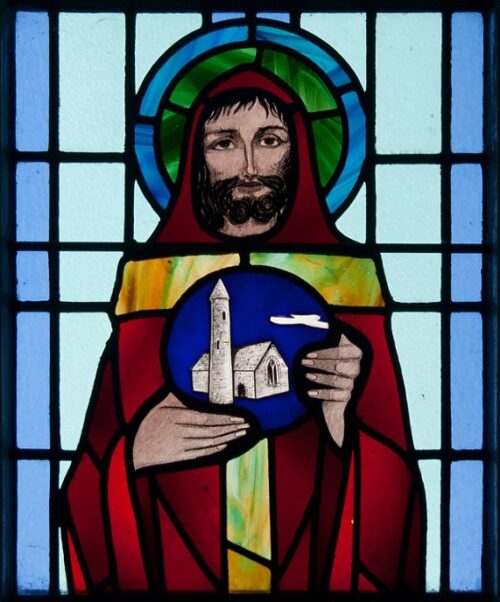
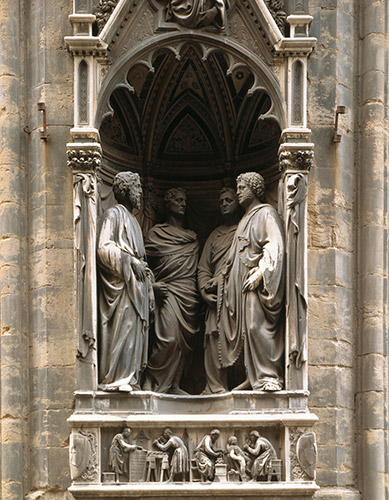 ‘Four Crowned Martyrs’
‘Four Crowned Martyrs’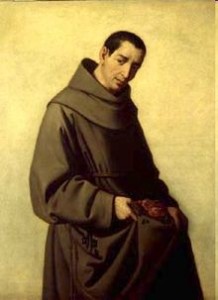
 St. Peter together with St. Martha, St. Mary Magdalene
St. Peter together with St. Martha, St. Mary Magdalene St. Zechariah & St. Elizabeth
St. Zechariah & St. Elizabeth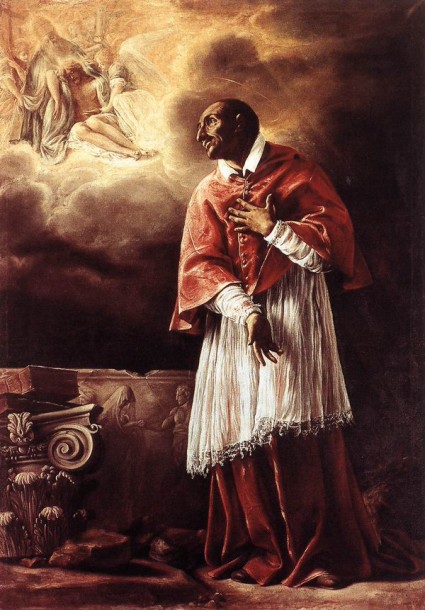 St. Charles Borromeo (1538-1584)
St. Charles Borromeo (1538-1584)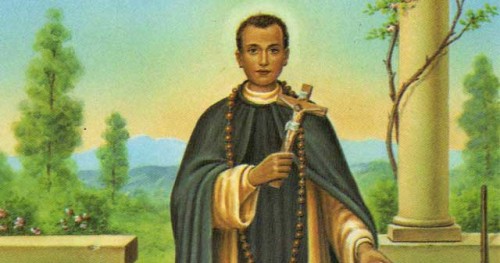 St. Martin de Porres (1579-1639) Image Courtesy:
St. Martin de Porres (1579-1639) Image Courtesy:  On ‘All Souls Day’ We Remember
On ‘All Souls Day’ We Remember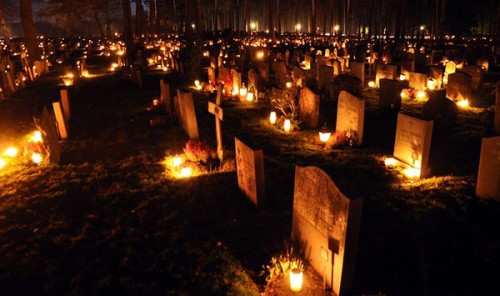 Candles Light Up a Cemetery in Commemoration
Candles Light Up a Cemetery in Commemoration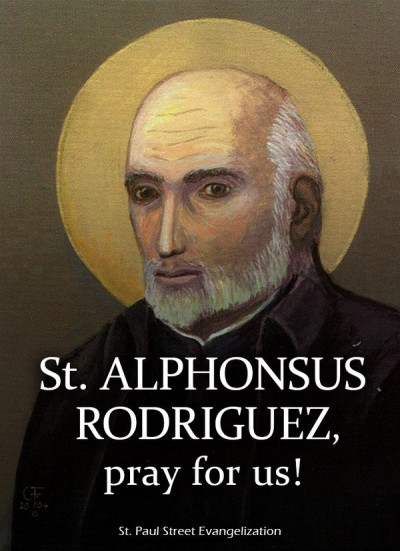 St. Alphonsus Rodriguez (1533-1617)
St. Alphonsus Rodriguez (1533-1617)